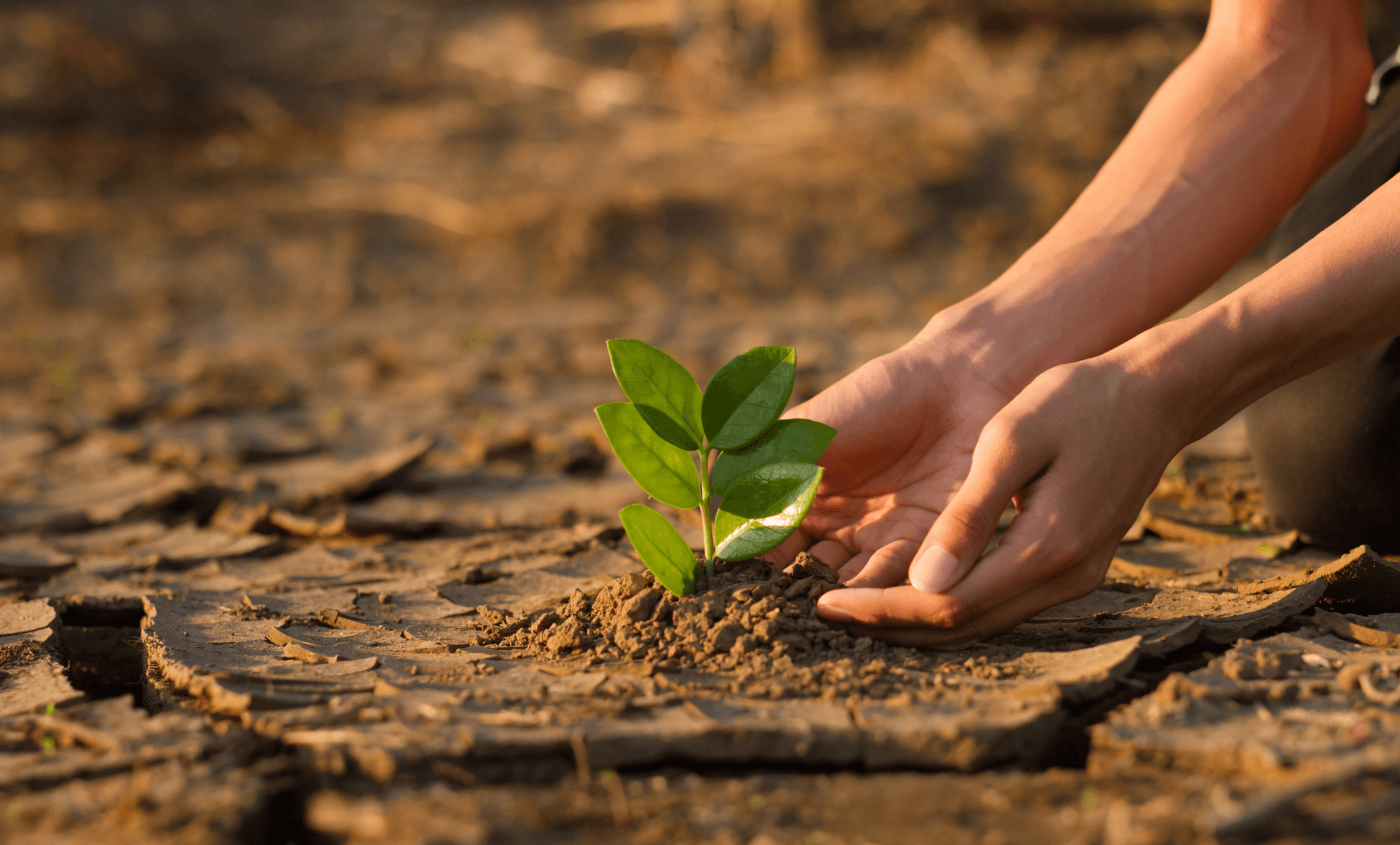Are we still on time?
Given this reality, a pertinent question arises... Is it still possible for us to "save" our planet?
The answer is controversial. On one hand, we can no longer recover what we have lost and all the harmful gases emitted or forests cut down. According to the conclusions of a study by researchers from Aarhus University, Denmark, and Gothenburg, Nature would need 3 to 5 million years to recover the biodiversity expected to be lost in the next 50 years.

Given this reality, a pertinent question arises... Is it still possible for us to "save" our planet?
The answer is controversial. On one hand, we can no longer recover what we have lost and all the harmful gases emitted or forests cut down. According to the conclusions of a study by researchers from Aarhus University, Denmark, and Gothenburg, Nature would need 3 to 5 million years to recover the biodiversity expected to be lost in the next 50 years.
However, we still have time to avoid the major catastrophes that will happen if we do not change our lifestyle. If you want to become a person more aware of sustainability issues and do your best to make Earth a greener planet and a place where future generations can live, here are some tips on things you can do:
1 - Reduce water consumption. This involves not taking baths, turning off the tap while brushing your teeth and washing your hair, not letting them drip, and even opting for a dual-flush toilet.
2 - Reduce energy consumption - turn off the lights in rooms where you are not, replace regular bulbs with a more economical version, unplug electronic devices when they are not in use.
3 - The 3 Rs: Recycle, Reuse, and Reduce. Before reaching recycling, try to reuse as much as possible. Extend the useful life of the object and avoid discarding material and buying a new product. Therefore, this practice reduces the amount of raw material, water, and energy needed to manufacture new consumer goods and decreases pollution. Properly recycle waste by separating not only plastic and paper but also glass, electronic waste, and batteries.
4 - Use the car less - Cars are responsible for emitting a large amount of polluting gases into the atmosphere. Opt for public transport, walking, or cycling, and if you can't do without the car, carsharing.
5 - Sustainable diet. When you go shopping, give preference to organic and biological products, which are grown in a way that promotes ecological agricultural practices and has a positive impact on the ecosystem. Try to reduce the amount of meat (especially red) you eat - to raise livestock, a huge area must be deforested, large amounts of water are used, and finally, livestock emits greenhouse gases abundantly, being quite polluting on a large scale.
6 - Supports causes and companies with sustainable values. The most effective way to promote change is to choose more eco-friendly entities. Whenever possible, choose products with sustainability labels and brands you identify with the most. You can also donate to organizations and NGOs that work with environmental causes.
Maria do Mar Sousa, 09/11/2021



Share this article:
Climate change: only those who don't want to see it fail to notice
What to expect from COP27?